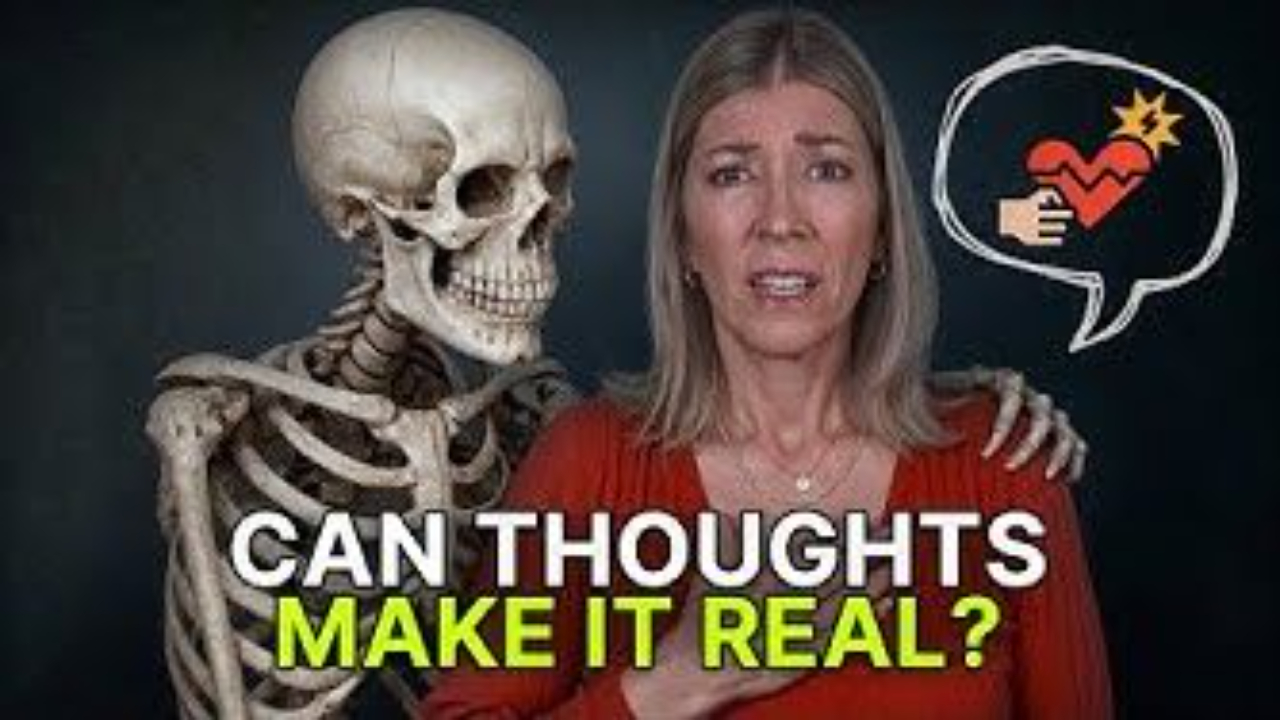
Understanding the Difference Between Intrusive Thoughts and Impulsive Thoughts
Intrusive thoughts and impulsive thoughts are two distinct cognitive phenomena often associated with mental health conditions like OCD and ADHD. Understanding these differences is essential for individuals seeking to manage their symptoms effectively. In this blog post, we will delve into the disparities between intrusive and impulsive thoughts, shedding light on their nature, control, and impact on behavior.
Intrusive Thoughts in OCD:
Intrusive thoughts experienced by individuals with OCD are characterized by their recurrent, unwanted, and distressing nature. These thoughts, images, and impulses can lead to significant anxiety and distress. Importantly, these obsessions are ego-dystonic, meaning they are inconsistent with a person's core beliefs, values, and desires.
Examples of intrusive thoughts in OCD include contamination fears, where individuals may obsessively worry about being contaminated by germs, chemicals, or other substances. Harm-related obsessions are another common form, where individuals fear causing harm to themselves or others, even though they have no intention of doing so. The distress caused by intrusive thoughts often results in a strong urge to neutralize or suppress them through compulsive behaviors and mental rituals. People with OCD engage in activities such as repeated checking, seeking avoidance, or seeking reassurance to cope with their intrusive thoughts.
Impulsive Thoughts in ADHD:
Impulsive thoughts, on the other hand, are typically experienced by individuals with ADHD (Attention Deficit Hyperactivity Disorder). These thoughts arise spontaneously and are often unrelated to the current task or situation. Unlike intrusive thoughts in OCD, impulsive thoughts do not usually attach intense significance, anxiety, or distress to the individual.
Examples of impulsive thoughts in ADHD can include sudden bursts of creative ideas unrelated to the current task, an inability to filter thoughts that can lead to difficulties in prioritization and attention, and sometimes difficulties in decision making.

Are you struggling with OCD or Pure O? Do obsessive thoughts, rituals, and compulsions take over your life? Has it been hard to find a specialist to help you?
If you want to get your life back from OCD or Pure O,
this course is for you.
Key Differences Between Intrusive and Impulsive Thoughts:
-
Intrusive Thoughts (OCD): Repetitive, unwanted, and distressing thoughts
-
Impulsive Thoughts (ADHD): Spontaneous, unrelated thoughts without significant distress.
-
Intrusive Thoughts (OCD): Often intentional efforts to suppress or neutralize thoughts
-
Impulsive Thoughts (ADHD): Typically unintentional and occur without conscious effort.
-
Intrusive Thoughts (OCD): Drive individuals to engage in compulsive behaviors or mental rituals.
-
Impulsive Thoughts (ADHD): May lead to impulsive actions, difficulties in maintaining focus, or attentional challenges.
Recognizing the difference between intrusive thoughts in OCD and impulsive thoughts in ADHD is essential for effective intervention and management. People with ADHD can benefit from psychoeducation, cognitive-behavioral therapy (CBT), medication management, and lifestyle adjustments to enhance impulse control and attention. In contrast, individuals with OCD can benefit from exposure and response prevention (ERP) to confront their obsessions gradually and reduce their reliance on compulsive behaviors. Understanding that intrusive thoughts do not define one's character or predict their actions is empowering for those who struggle with OCD or similar conditions. It is crucial to seek appropriate professional guidance for tailored treatment strategies.
Let's Keep in Touch
Subscribe to My Newsletter
We hate SPAM. We will never sell your information, for any reason.







